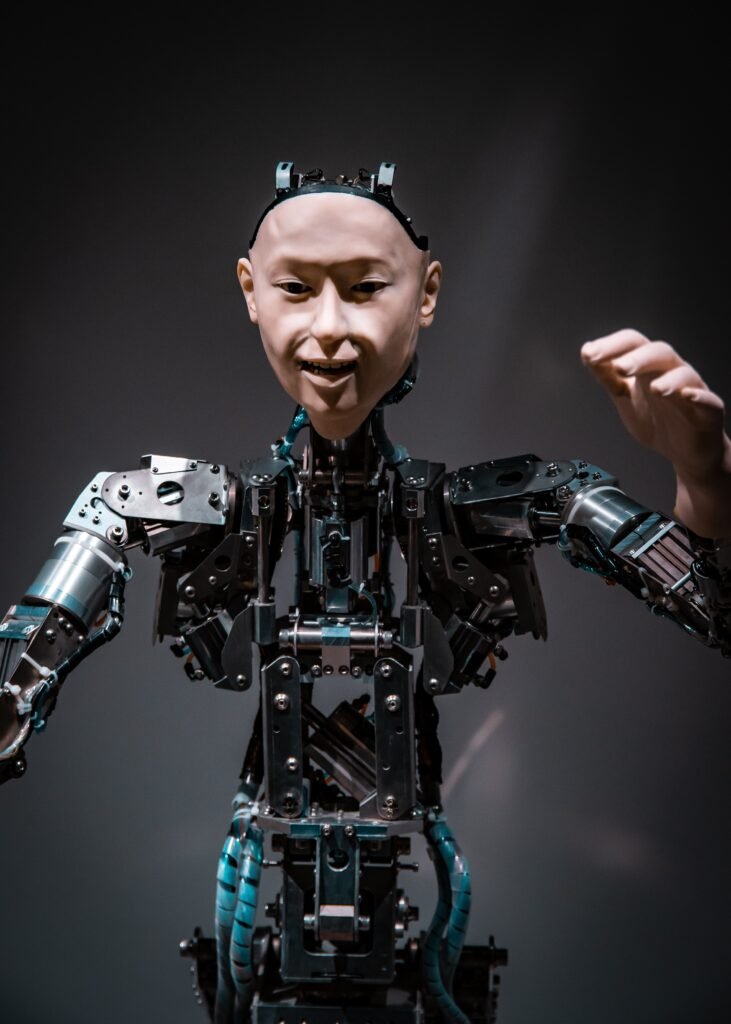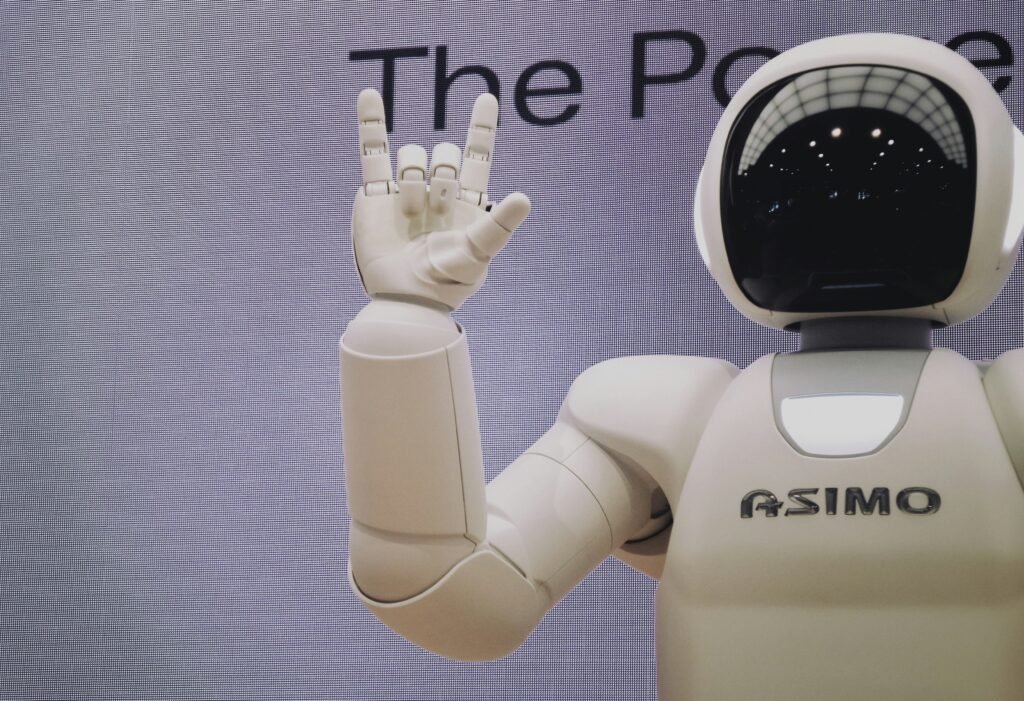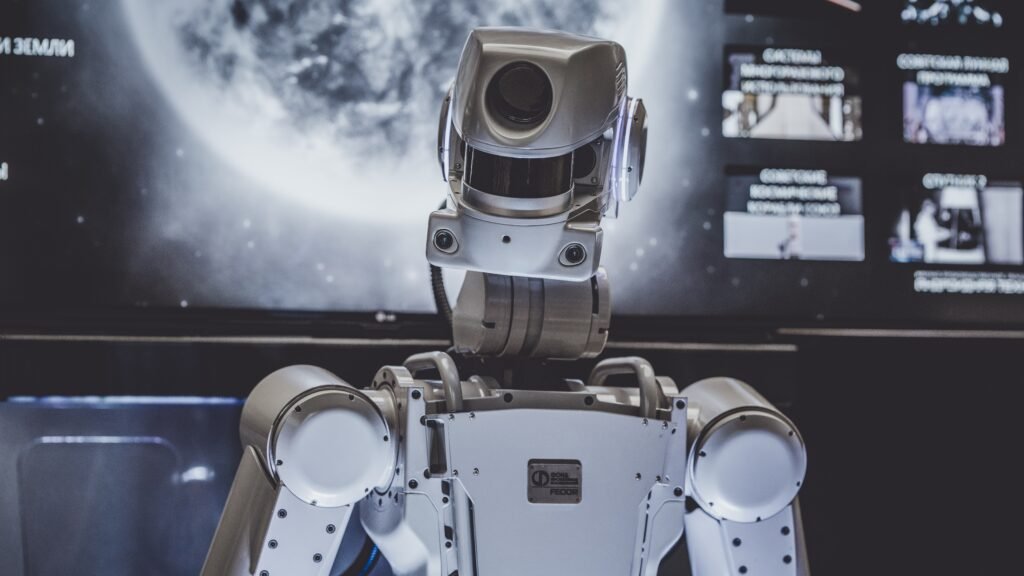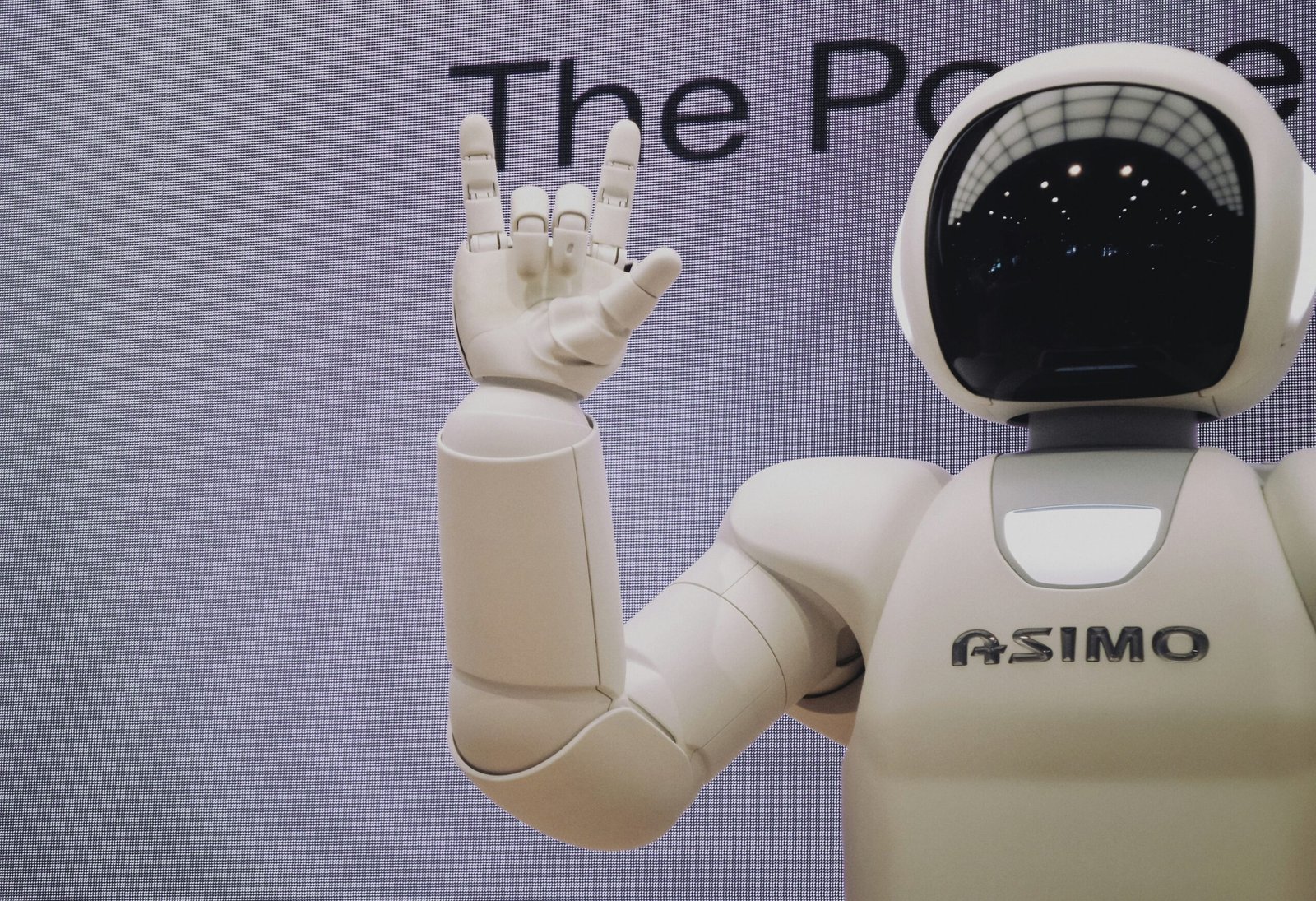Have you ever wondered what exactly artificial intelligence (AI) is? In a world where technology continues to advance at a rapid pace, AI has become a significant topic of interest. This article aims to shed light on the concept of artificial intelligence, providing a brief overview of its meaning, applications, and potential impact on various industries. So buckle up and get ready to explore the fascinating world of AI!
What Does Artificial Intelligence
Artificial Intelligence (AI) refers to the development of computer systems that can perform tasks that would typically require human intelligence. These tasks may include speech recognition, decision-making, problem-solving, learning, and language translation. AI systems are designed to analyze and interpret vast amounts of data, make predictions, and adapt to new information or circumstances.
Definition of Artificial Intelligence
Artificial Intelligence can be defined as the branch of computer science that deals with the creation and development of intelligent machines that can simulate human behavior and thinking. It involves the programming of machines to mimic cognitive functions such as learning, reasoning, problem-solving, and decision-making. The ultimate goal of AI is to enable machines to perform tasks that would typically require human intelligence with efficiency and accuracy.
Types of Artificial Intelligence
There are two main types of Artificial Intelligence: narrow AI and general AI. Narrow AI, also known as weak AI, is designed to perform a specific task with a high level of proficiency. Examples of narrow AI applications include voice assistants, image recognition software, and recommendation systems. On the other hand, general AI, also known as strong AI, possesses a level of intelligence that is comparable to human intelligence. General AI can understand and learn any intellectual task, surpassing the capabilities of narrow AI.

History and Evolution of Artificial Intelligence
The history of Artificial Intelligence dates back to the 1950s when the concept of AI was first introduced by computer scientist John McCarthy. Since then, AI has seen significant advancements and has evolved into various branches and approaches. From early symbolic AI, which focused on rule-based systems, to the current trend of machine learning and deep learning, the field of AI has experienced remarkable progress. Breakthroughs such as IBM’s Deep Blue defeating chess champion Garry Kasparov in 1997 and AlphaGo defeating the world champion Go player in 2016 have showcased the potential of AI.
Key Components of Artificial Intelligence
Artificial Intelligence systems consist of several key components that enable their functioning. These components include machine learning, natural language processing, computer vision, and expert systems. Machine learning involves training algorithms to recognize patterns and make predictions based on data. Natural language processing enables machines to understand and interpret human language. Computer vision allows machines to analyze and interpret visual information. Expert systems utilize knowledge and rules to solve complex problems based on human expertise and reasoning.

Artificial Intelligence vs. Human Intelligence
While Artificial Intelligence strives to replicate human intelligence, there are fundamental differences between AI and human intelligence. AI systems excel in data processing, efficiency, and accuracy. They can quickly analyze vast amounts of data and make precise predictions. However, AI lacks the depth of human understanding, creativity, and emotional intelligence. Human intelligence encompasses various aspects such as empathy, intuition, common sense, and moral judgment, which are still challenging to replicate in machines.
Applications of Artificial Intelligence
Artificial Intelligence has found applications in diverse fields, revolutionizing many industries. In healthcare, AI is used for medical diagnoses, drug discovery, and personalized treatment plans. In finance, AI powers algorithms for stock market predictions and fraud detection. AI is also prevalent in transportation with the development of autonomous vehicles and route optimization systems. Other fields, such as customer service, manufacturing, marketing, and education, also harness the power of AI to improve efficiency and provide better services.

Benefits and Advantages of Artificial Intelligence
Artificial Intelligence provides numerous benefits and advantages across various sectors. AI systems can perform repetitive and mundane tasks with precision and consistency, freeing up human resources for more complex and creative endeavors. They can process and analyze vast amounts of data in a short time, extracting valuable insights and patterns. AI also enhances decision-making, providing evidence-based recommendations and reducing human errors. Additionally, AI has the potential to improve the quality of life through healthcare advancements, increased productivity, and automation of dangerous or tedious tasks.
Ethical Considerations in Artificial Intelligence
As Artificial Intelligence becomes more integrated into our daily lives, ethical considerations arise concerning privacy, bias, employment, and decision-making. AI systems rely on vast amounts of personal data, raising concerns about data privacy and security. Bias can be unintentionally embedded in AI algorithms, resulting in discriminatory outcomes. The impact of AI on employment also raises concerns about job displacement and the need for new skills. Additionally, the use of AI algorithms in critical decision-making, such as predicting criminal behavior or granting loans, should be carefully regulated to ensure fairness, transparency, and accountability.
Challenges and Limitations of Artificial Intelligence
While AI holds great promise, it faces several challenges and limitations. One significant challenge is the need for massive amounts of high-quality data to train AI systems effectively. Limited availability and diversity of training data can impact the accuracy and generalizability of AI models. Another challenge is the interpretability of AI algorithms, as complex neural networks might lack transparency in their decision-making processes. Additionally, AI systems may encounter difficulties in adapting to novel situations and applying common sense reasoning, limiting their broader applicability.
The Future of Artificial Intelligence
The future of Artificial Intelligence is laden with immense possibilities and continued advancements. AI is predicted to further integrate into various aspects of society, transforming industries and enhancing human capabilities. Continued research in machine learning, natural language processing, and computer vision will unlock new opportunities for AI applications. Additionally, addressing ethical concerns and ensuring responsible AI development will be crucial for garnering public trust and acceptance. As AI continues to evolve, the potential for groundbreaking innovations and positive societal impact is vast, shaping the future of technology and human experience.
In conclusion, Artificial Intelligence has come a long way since its inception, and its impact on society is undeniable. As AI systems continue to evolve and become more integrated into our lives and industries, it is essential to carefully consider the ethical implications, address the challenges, and harness the numerous benefits to create a better future driven by intelligent machines.



